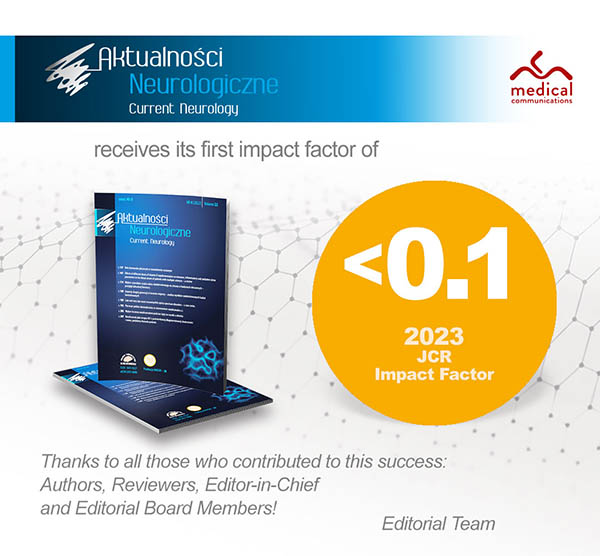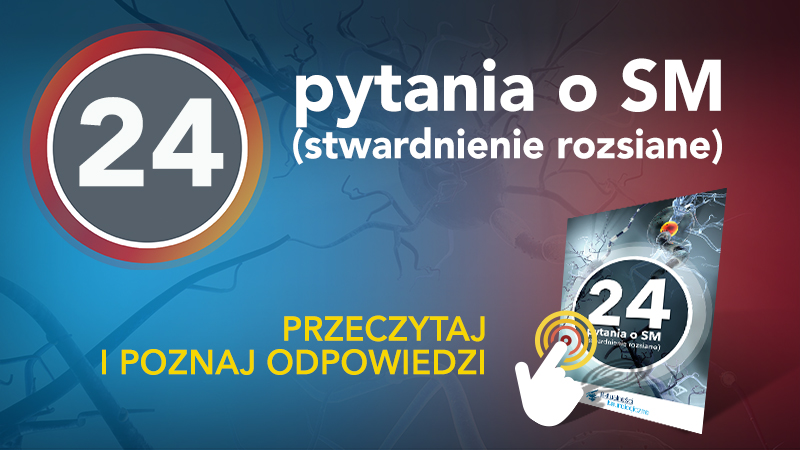Decompressive hemicraniectomy for treatment of malignant cerebral oedema after ischaemic stroke – a review of clinical trials
Andrzej Borysowicz1, Piotr Janik2
 Affiliation and address for correspondence
Affiliation and address for correspondenceExtensive ischaemic strokes resulting from middle cerebral artery occlusion may lead to massive cerebral oedema and cause an abrupt intracranial pressure increase. Life-threatening malignant cerebral oedema, which is found in 1–10% of patients with supratentorial stroke, usually develops from day two to day five after the onset of the symptoms of stroke. It frequently concerns younger patients with no prior history of ischaemic events. Clinical signs include consciousness disorders that accompany profound neurological deficits. Conventional conservative treatment is poorly effective. It seems therefore that decompressive hemicraniectomy may be a promising option. This article is a review of the most important randomised clinical trials and meta-analyses concerning this treatment method. The results indicate that hemicraniectomy in patients younger than 60 years of age is associated with lower mortality but many patients still require permanent or temporary care. The effects of surgical treatment in patients older than 60 years of age are worse. Hemicraniectomy does increase survival, but this effect is achieved at the cost of very severe disability in the vast majority of patients. The decision about hemicraniectomy should be made with caution after discussing the prognosis concerning survival and probable poor performance with the patient and his or her family. According to the current recommendations, there are no grounds for rendering patients ineligible for the procedure due to the dominant hemisphere involvement.








